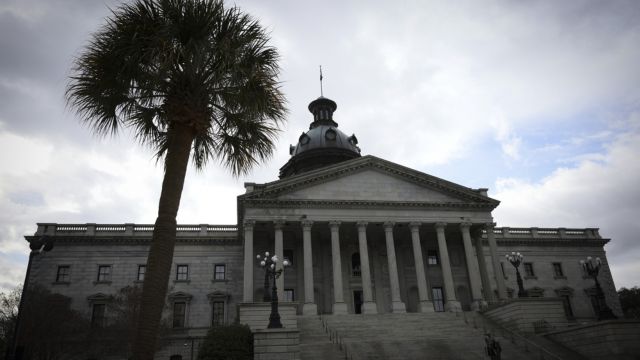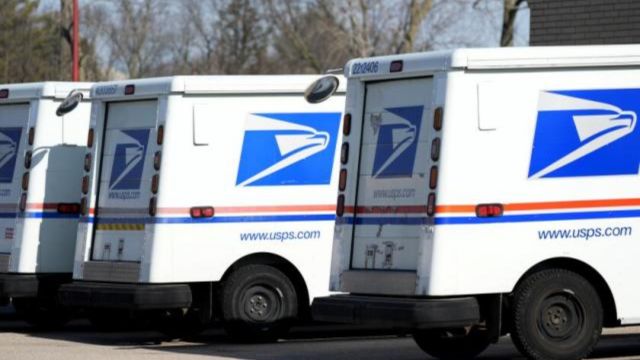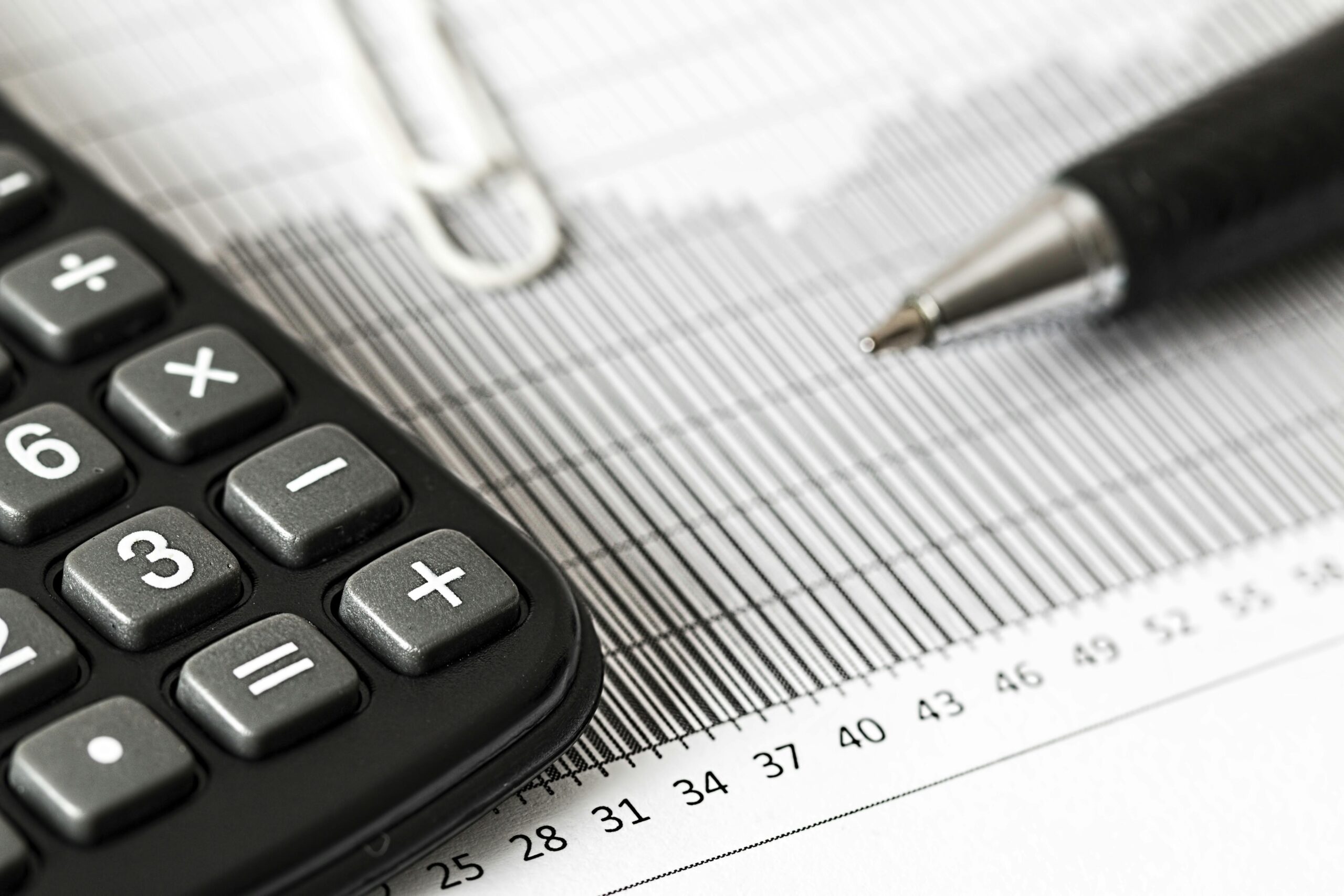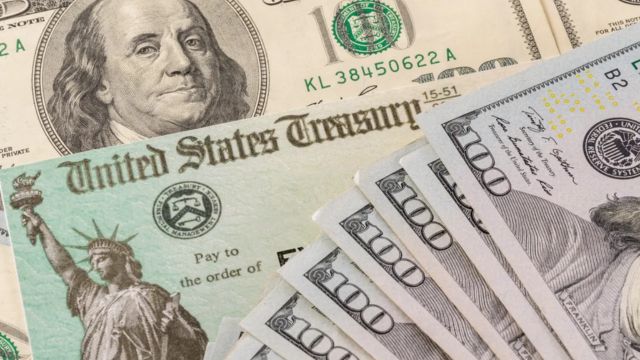After the state found extra money in a state government bank account, South Carolinians could get $1.8 billion in refunds. One expert told Newsweek that it’s a sign of the times.
Now, politicians in South Carolina want to give the money back to taxpayers in the form of a refund bill.
GOP State Representative Jordan Pace told WBTW Myrtle Beach, “The goal with this bill is to say, ‘If this was South Carolina taxpayer money,’ then the way we should appropriate it is to give it back to the taxpayers in South Carolina.'”
The rebate bill asks that the Department of Revenue use the money to give 2023 residents a one-time payment. Each rebate would be equal to the amount found by multiplying the total amount in the taxpayer rebate fund by a fraction that is based on how much income tax the person owes.
Some politicians say that the money shouldn’t be given away just yet because it’s not clear where the $1.8 billion came from or if it really did come from taxpayers’ pockets.
“The difference is we know, the ownership of the other money that is there, we just haven’t been able to identify the $1.8 billion ownership, whether it’s federal funds, whether it should be in the unemployment insurance trust fund,” state Sen. Larry Grooms told Queen City News. “But if there’s those that want to get that money without understanding the exact ownership of it or the original appropriation, then maybe they should just rebate all of the state treasury $60 billion that make for a much larger rebate check.”
“Is the money real? That’s the main question.” Does it really exist?” “That still raises some questions,” Grooms said.
To avoid another budget mistake like this one, lawmakers have offered a separate state auditory body. This would keep things somewhat separate and avoid any conflicts of interest. The financial committee also said that $4.2 million should be spent on a forensic audit of the state budget to find the missing money.
Alex Beene, a teacher of financial literacy at the University of Tennessee at Martin, said that politicians will continue to think about where the money came from as they decide what to do next with the rebate bill.
“The supposed origin of the $1.8 billion comes from a conversion from one accounting system at the state level to another, but there are still many questions as to the banking and investment records surrounding it,” Beene said. “In many ways, it’s a sign of the times when a state government can find nearly $2 billion in its pocket and have no clue who or what put it there.”
If the rebate does get the votes it needs to pass, it could help South Carolinians’ finances a lot as they deal with rising prices and economic instability.
Inflation across the whole country was 3.5% in the year ending in March.
“The rebate would put more money in their pockets at a time when so many are struggling with the additional costs inflation has brought,” said Beene. “If the money is there and it isn’t discovered to already be misappropriated, a rebate is the right call.”
Kevin Thompson, the CEO and founder of 9i Capital Group and a finance expert, agreed with this and called the possible rebate a “much-needed blessing.”
“The truth is, no one truly knows where the money has come from and an extensive forensic accounting needs to be done, which will take time and money,” Thompson told the magazine.
For people in South Carolina, getting cash at a time when their grocery prices and the cost of living keep going up would be a much-needed blessing. For this refund to be approved, there needs to be clear proof of where the money came from. But, as we all know, this will become political and be used as a power play.




